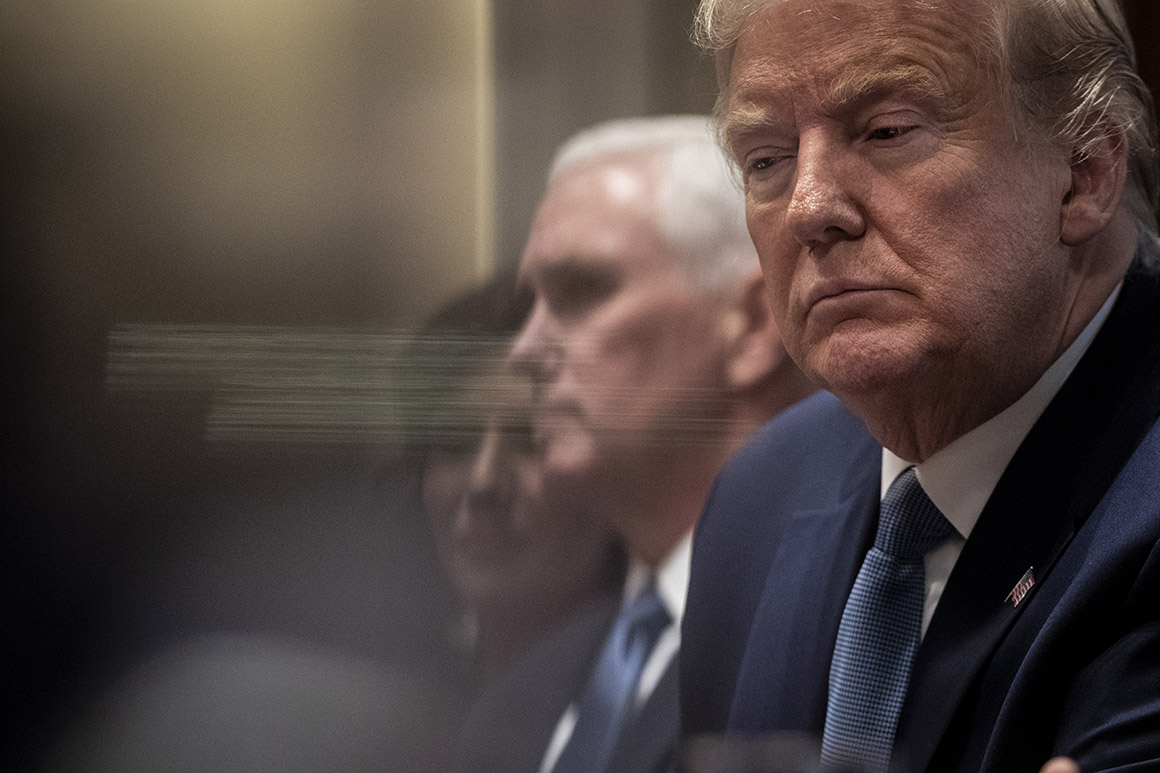
Regulations could cut into cost savings
The proposal requires importers to have great expertise in complicated regulatory processes like safety tests and managing product recalls. These elements will cut into the benefit of buying the drugs at lower prices from Canada. A program would have to be very big indeed to have an effect on prices and still pay for its safety protections and logistical costs, said Howard Sklamberg, a former FDA regulator and attorney now at Akin Gump. That is “extremely unlikely to occur” with any Canadian importation program, he said. Compliance with federal track-and-trace requirements and other supply chain safeguards could drive a drug’s price back up and cancel out expected savings, said Paul Joseph, a former FDA lawyer who has worked on enforcement with Canadian officials.
“If you put Canadian drugs on a dogsled and pointed it in the direction of Florida, the dogs would arrive long before any drugs through this regulatory proposal,” wrote Chris Meekins, a former Trump administration HHS official who now tracks the drug industry for the financial analyst Raymond James.
Drugmakers might not cooperate
The drug industry could easily gum up the works of any importation plan. For starters, drug companies wouldn’t be incentivized to provide Canada with excess medicine that could be diverted to the United States. “There is no way that pharma sells more drug to Canada so that the U.S. can import at cheaper prices,” said Erin Fox, a drug supply expert at the University of Utah. Drug companies could also prohibit purchasers who buy their drugs for Canadians from selling them to U.S. importers, said Sklamberg.
The proposed rule requires importers to demonstrate their product is the same as what’s available in the U.S. But importers would need the drug’s manufacturer to do the testing or give them materials for the tests. Importers also would need permission from drug companies to use their FDA-approved labels. FDA could try to force industry to cooperate, but industry might legally challenge such orders. Some information on a drug’s label could be subject to patent protections.
Canada might not cooperate
Canadian officials are worried the plan could empty their pharmacy shelves, which carry about one-tenth as much stock as those in the United States. And they aren’t taking the threat sitting down. Canada has made it very clear that it’s “not our job to be America’s medicine cabinet,“ said Libby Baney, a pharmacy lobbyist with Faegre Baker Daniels. Canada has promised to circumvent any plan that hurts Canadians’ supplies.
Few experts think that imports will really lower costs
Wall Street analysts are predicting the rule will have little to no financial impact on the drug industry. In public, industry officials gnash their teeth over the rule. In private, they see little impact. When the nonpartisan Congressional Budget Office reviewed the prospects of importation in 2004, it concluded that it would lead to few drugs entering the U.S., and small savings. And only drops from that pot of savings will flow to consumers. Florida Gov. Ron DeSantis wants to import drugs for his state’s Medicaid and prison systems, where few patients have out-of-pocket costs.
“I think this will end up just as a dud,” said a former FDA official. “It’s not an existential threat to the safety of the U.S. drug supply, nor is it a solution to the drug pricing issue. It’s a sideshow.”
Source: politico.com
See more here: news365.stream






